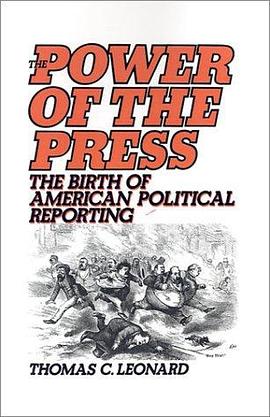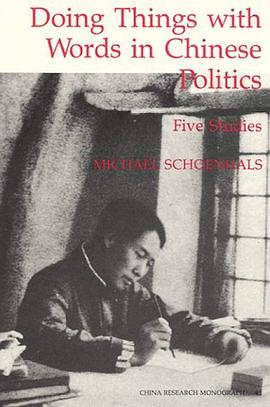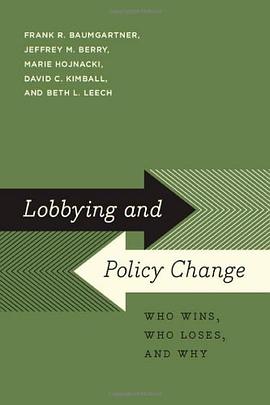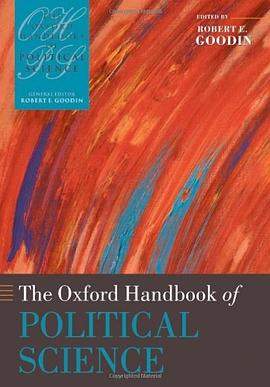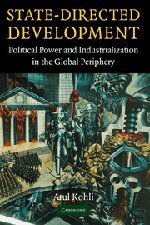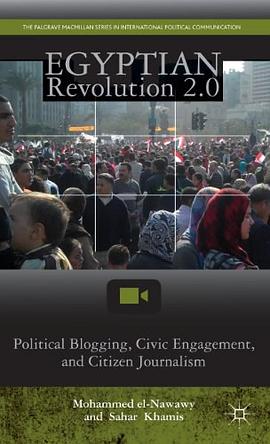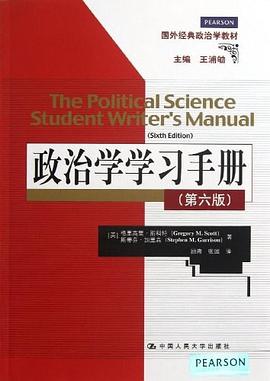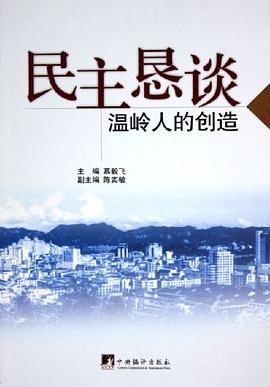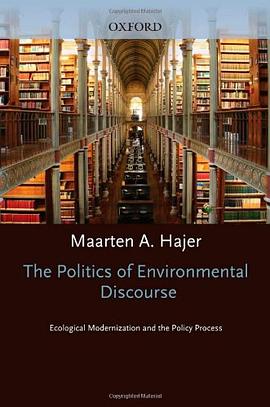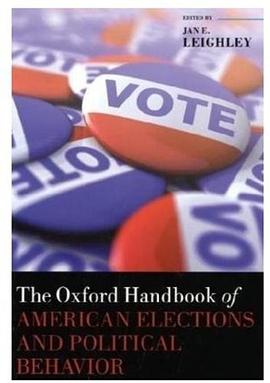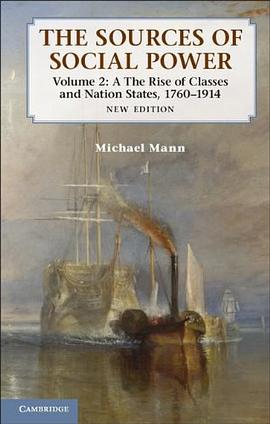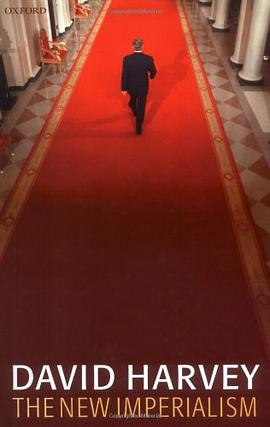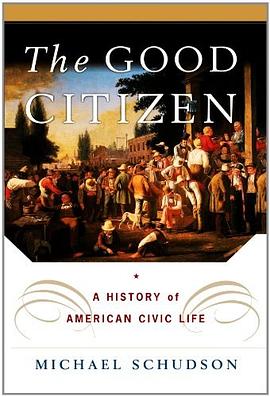

具體描述
Define and Rule focuses on the turn in late nineteenth-century colonial statecraft when Britain abandoned the attempt to eradicate difference between conqueror and conquered and introduced a new idea of governance, as the definition and management of difference. Mahmood Mamdani explores how lines were drawn between settler and native as distinct political identities, and between natives according to tribe. Out of that colonial experience issued a modern language of pluralism and difference. A mid-nineteenth-century crisis of empire attracted the attention of British intellectuals and led to a reconception of the colonial mission, and to reforms in India, British Malaya, and the Dutch East Indies. The new politics, inspired by Sir Henry Maine, established that natives were bound by geography and custom, rather than history and law, and made this the basis of administrative practice. Maine's theories were later translated into "native administration" in the African colonies. Mamdani takes the case of Sudan to demonstrate how colonial law established tribal identity as the basis for determining access to land and political power, and follows this law's legacy to contemporary Darfur. He considers the intellectual and political dimensions of African movements toward decolonization by focusing on two key figures: the Nigerian historian Yusuf Bala Usman, who argued for an alternative to colonial historiography, and Tanzania's first president, Mwalimu Julius Nyerere, who realized that colonialism's political logic was legal and administrative, not military, and could be dismantled through nonviolent reforms.
著者簡介
圖書目錄
讀後感
評分
評分
評分
評分
用戶評價
01 小書而且中文版質量很好;關於race和tribe在簡潔治理中的作用以及legal evolution對殖民秩序的建構性作用給法的後殖民批判提供瞭方法,以及以此為基礎將曆史書寫和史學作為一種decolonization。對我而言最有用的還是最後在國傢治理層麵上以坦桑尼亞為例子的討論。
评分Introduction and Chapter 2
评分Introduction and Chapter 2
评分Introduction and Chapter 2
评分Introduction and Chapter 2
相關圖書
本站所有內容均為互聯網搜索引擎提供的公開搜索信息,本站不存儲任何數據與內容,任何內容與數據均與本站無關,如有需要請聯繫相關搜索引擎包括但不限於百度,google,bing,sogou 等
© 2025 book.quotespace.org All Rights Reserved. 小美書屋 版权所有



